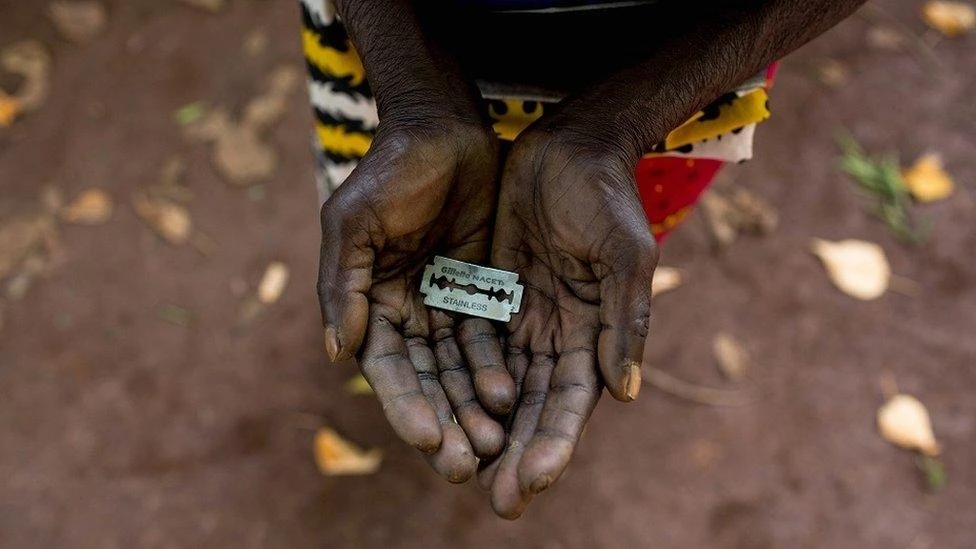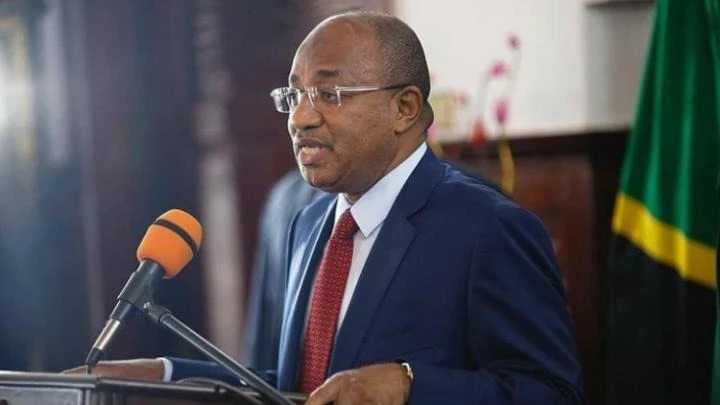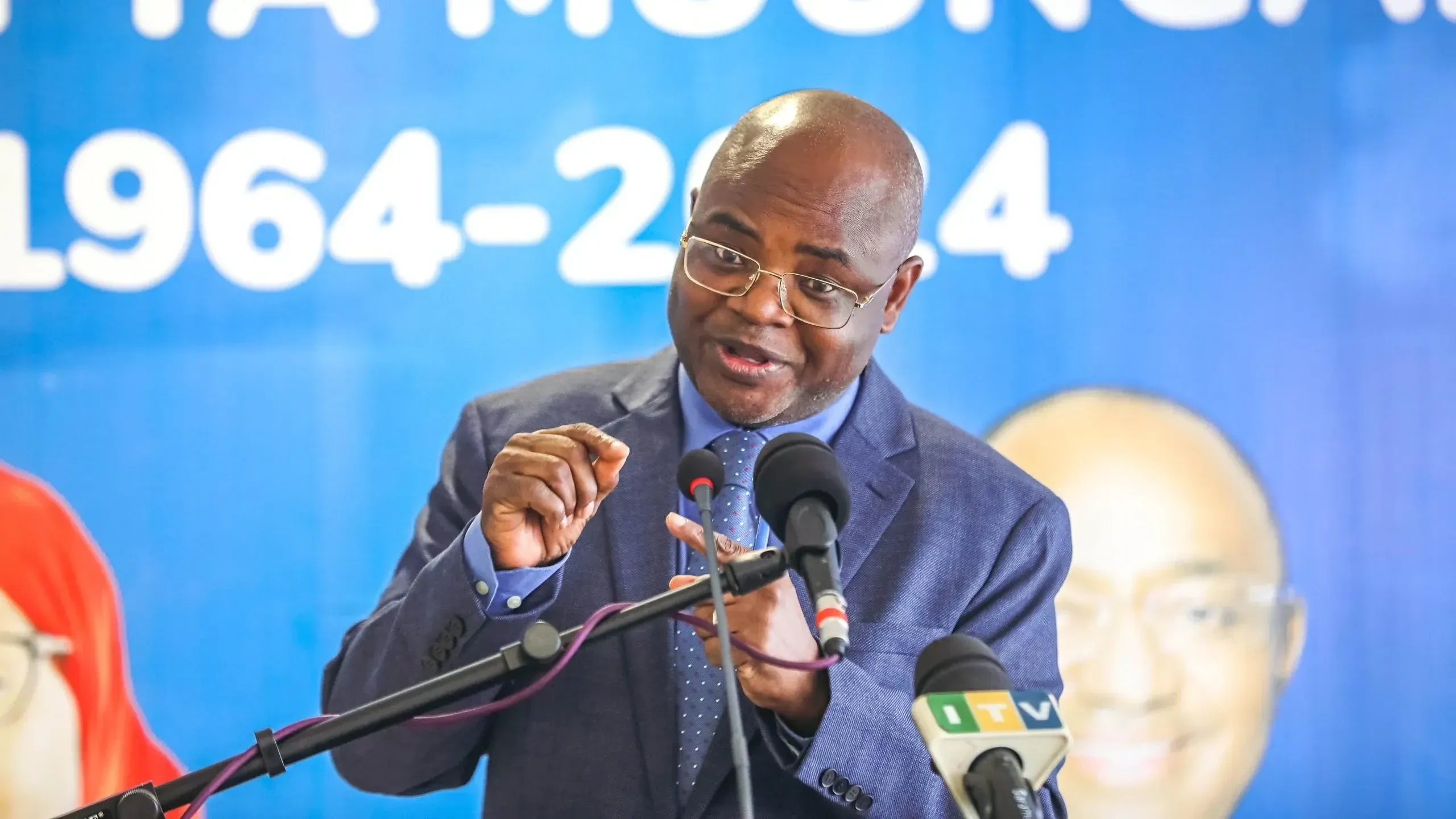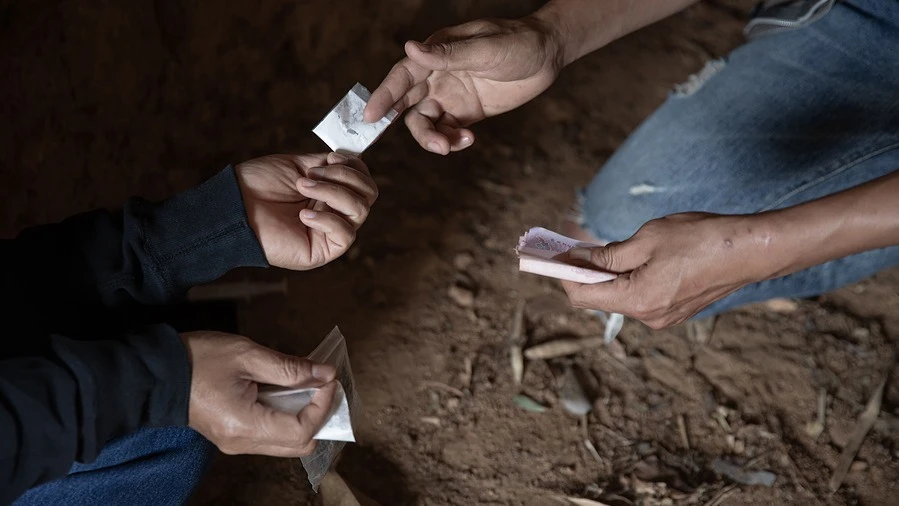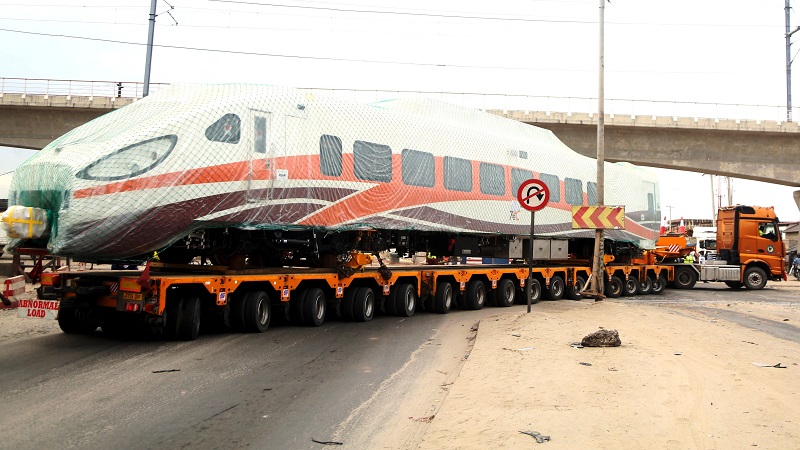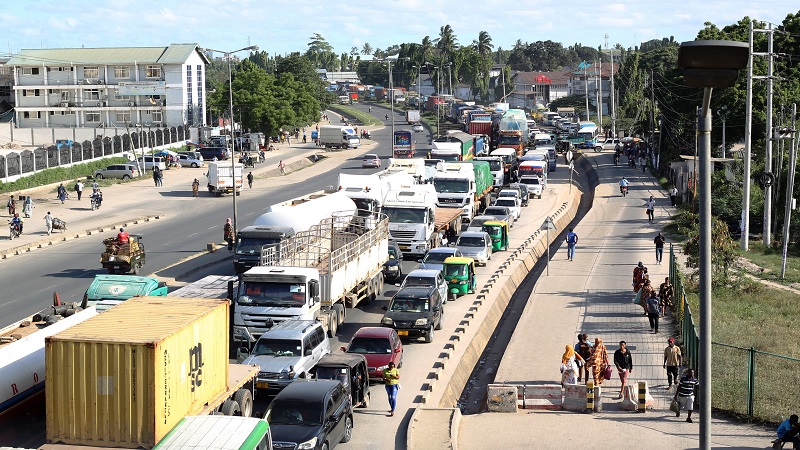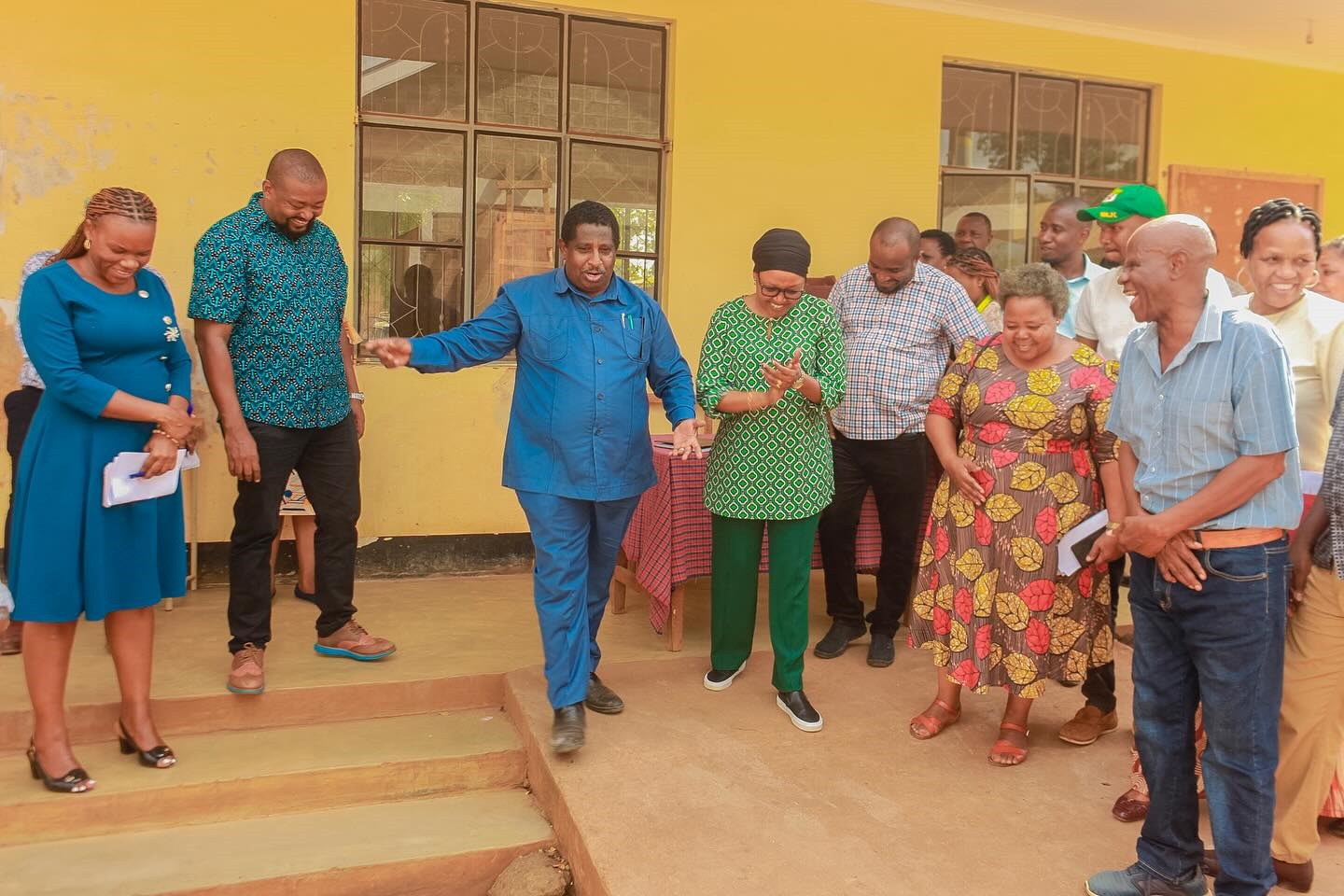Afrobarometer survey indicates public mood better than in 2022
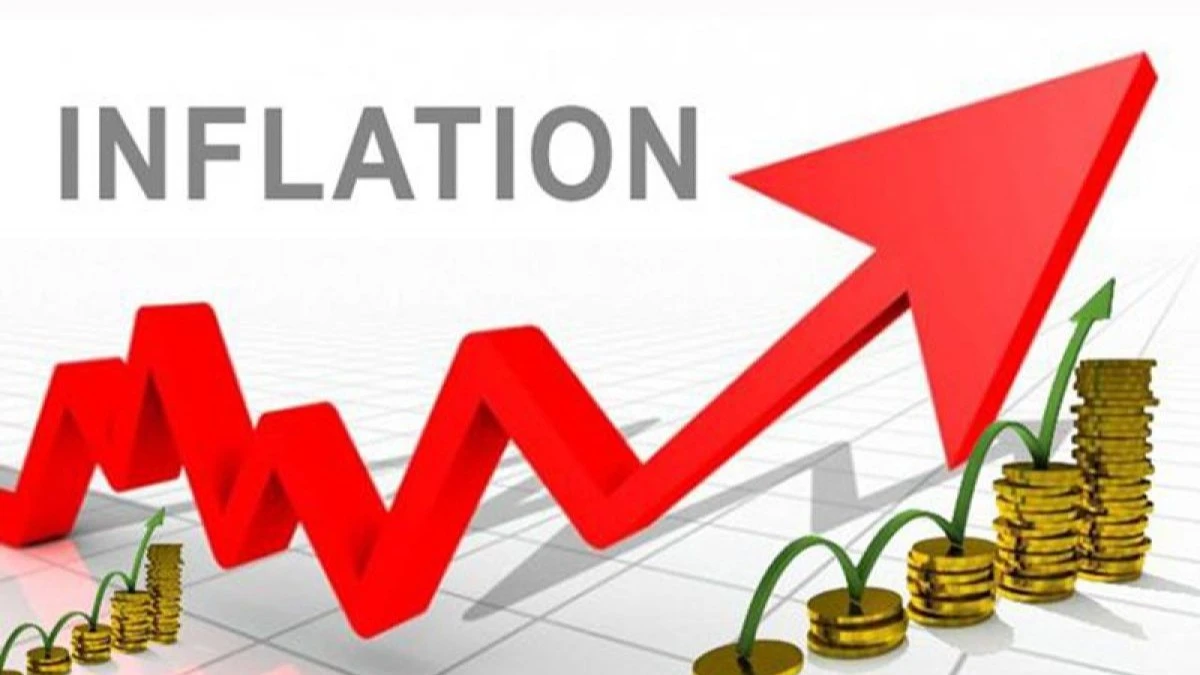
TANZANIANS are generally satisfied with the government’s management of the economy, although concerns remain about inflation and job creation, a new Afrobarometer survey has indicated.
The survey released yesterday in Dar es Salaam by the city research outfit REPOA, was conducted by the Afrobarometer team in Tanzania under REPOA auspices, interviewing a nationally representative sample of 2,400 adults during August and September.
Afrobarometer is a pan-African, nonpartisan survey research network that provides reliable data on African experiences and evaluations of democracy, governance, and quality of life.
Dr Lucas Katera, the outfit’s acting executive director, noted in his remarks that an improved economic outlook was tied to improvements in infrastructure and national security.
"However, people's perceptions can be shaped by different factors. For instance, there are complaints about cash income shortages in rural areas, often due to poor infrastructure, which hinders the transportation of agricultural produce to markets," he said.
Prof Paschal Mihyo, a visiting emeritus research fellow at REPOA, emphasized that the survey reflects public perception and often yields mixed feelings.
"The survey captures what people believe, and perceptions can vary widely depending on the questions asked and the specific issues they experience," he said
The report affirms that two-thirds (67 percent) of those interviewed believe the government is managing the economy well. A slim majority (53 percent) also approve of its efforts to improve living standards of the poor, the team leader noted.
The proportion of Tanzanians who view the country’s economic condition positively has increased by nine percentage points compared to the previous survey in 2022, he said, noting that despite the positive outlook, a significant concern among respondents is the experience of inadequate cash income,.
Two-fifths (40 percent) of those interviewed reported that they were frequently or constantly without cash over the past year, he cited from the survey, which also indicated that four in ten (39 percent) of members of the public describe the country’s economic condition as fairly good or very good.
This marks a nine-percentage-point increase from 2022 (32 percent), with 38percent of Tanzanians reporting their personal living conditions as fairly bad or very bad, a 12-percentage-point decrease from 2022 data, where it stood at 50 percent.
The proportion of citizens who negatively evaluate the state of the economy dropped by 16 percentage points (from 54 percent to 38 percent), with perceptions of poor living conditions more common among women (41percent) than men (35 percent).
The report also highlights that over eight in ten respondents (84 percent) reported experiencing a lack of cash income at least once during the past year, while altering the question to those who went without cash income frequently or always had the figure dropping to 39percent.
In terms of public priorities, health was identified as the most pressing issue the government should address, with 45percent of respondents citing it, with other key concerns including water supply (36 percent) and infrastructure (34 percent).
Nearly half of respondents (48 percent) reported lacking water, and 47 percent said they lacked access to medical care at least once in the past year, the report intoned.
Top Headlines
© 2025 IPPMEDIA.COM. ALL RIGHTS RESERVED










